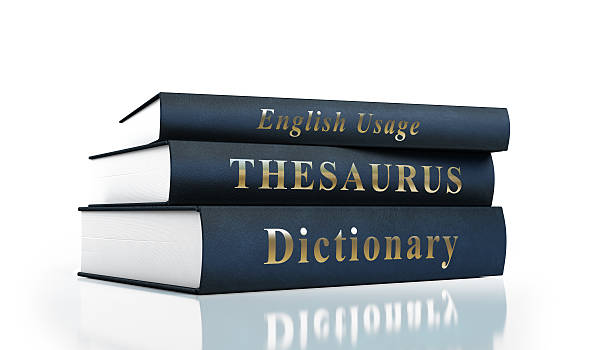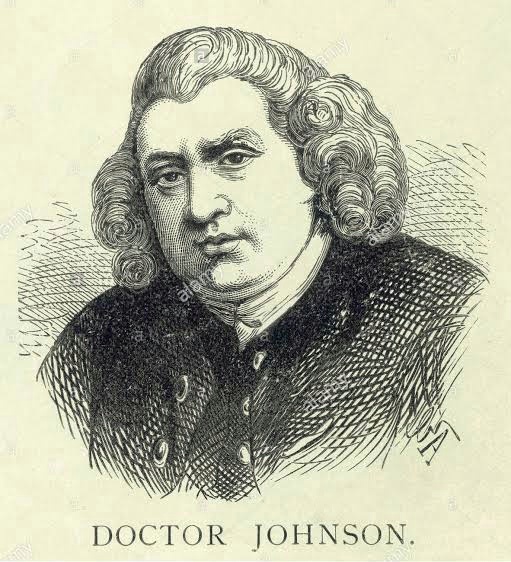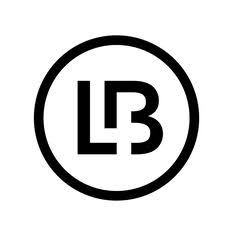
We all use dictionaries, right? Really?! Well most of you might be using the dictionaries in your phones but some of you may stick to using the printed sources. Whatever the sources may be, you may have wondered the story behind dictionaries. So let’s jump into the tale.

The first recorded dictionaries were bilingual (consisting of two languages) and date back to Sumerian age, about 2900 BC. But the systematic study of dictionaries involving their compiling, writing, editing and analyzing – known as lexicography – was initiated in the 20th century largely by the Czech-American historical linguist Ladislav Zgusta. The oldest known dictionaries were Akkadian wordlists, discovered in Ebla (modern Syria) and dated roughly 2300 BCE. The earliest dictionaries in the English language were mere glossaries of Latin, French, Greek, Scandinavian, Norman, Dutch, Spanish, Italian and German words giving their definitions in English. the spread of Latin texts and education in England, as in other European countries, led to glossing and productions of glossaries as new people endeavored to master the classical language. Noteworthy: the word ‘dictionary’ was invented by an Englishman called John of Garland in 1220: He had written a book ‘Dictionarius’ to help with Latin diction. An early non-alphabetical list of 8000 English words was Elementarie, created by English headmaster Richard Mulcaster in 1592.
A Table Alphabeticall was the first monolingual dictionary in the English lanuage, written by English schoolteacher Robert Cawdrey in 1604. Although there were lists of difficult words, English had no dictionary in the modern sense until Dr Samuel Johnson’s Dictionary of the English language was published in 1775. It took over nine years to complete and in addition Johnson needed six assistants working full-time. He produced definitions for over 40,000 words, using at least 114,000 quotations to illustrate them. Some definitions are incorrect. Others are clearly written for Johnson’s own amusement (he defines a lexicographer [his own profession] as ‘a harmless drudge’ and a patron [having failed to get one for himself] as ‘ a wrech who supports with insolence and is paid in flattery’). But despite these eccentricities, Johnson’s dictionary is a mammoth feat, showing both the depth of his learning and his powers of endurance. The dictionary went through five editions in the author’s lifetime and remained the standard work until the first part of Oxford English Dictionary appeared in 1884.
Afterwards, dictionaries evolved to contain textual references for most words, and were arranged alphabetically rather than by topic (a previously popular form of arrangement, which meant all animals would be grouped together, etc.). Johnson’s masterwork could be judged as the first to bring all these elements together, creating the first ‘modern’ dictionary.

